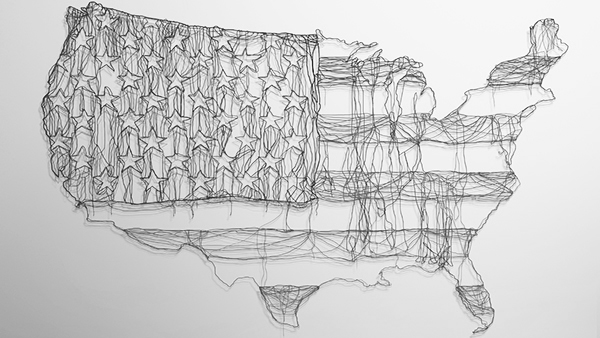Progressivism needs an intellectual hinterland not a tactical ploy.
Having read the longer note from which the news media have taken extracts this morning, I can see why Peter Mandelson is arguing that his views have been misrepresented. After all, it’s hard to see how, as reported, Lord Mandelson’s intervention would have done his side any good. The assumption that Jeremy Corbyn is hopeless and will inevitably fail will only strengthen the determination of Mr Corbyn’s supporters to defend him, while the advice to moderates to bide their time before reassuming their rightful control sounds both complacent and opportunist. For, as Lord Mandelson surely knows, the question is not ‘when will the progressive wing of Labour wrestle control back’ but whether it can do or deserves to.
Partly because of the slickness (and sometime cynicism) of its campaigning methods, and partly because of the political and policy mistakes Tony Blair made in office, there is tendency to underestimate the intellectual underpinning of the New Labour project. Its origins can be traced to various sources: There was the ‘New Times’ strand which emerged from thinkers like Stuart Hall and Martin Jacques and which featured in a number of ground breaking articles in Marxism Today. There was the work of Anthony Giddens and particularly his advocacy of a ‘Third Way’. And there was the detailed work that went in to the Commission on Social Justice, hosted by IPPR and delivered by the Commission’s secretary, a young David Miliband.
Whatever their differences these disparate approaches had two assumptions in common: the ground is shifting from under traditional social democracy and progressivism has to, and can, win the argument about the future.
In the 1980s and 1990s the key forces identified as presenting the greatest challenge were the decline of the working class and its traditional labour affiliations and the parallel rise of individualism and consumerism – with the consequent challenge this posed to state paternalism and redistribution. The argument was not only that social democracy had to adapt to these challenges but that it could, through renewal and reform, present itself as the political tradition most suited to steer the forces of modernity in a humanistic direction.
Globalisation and technological change (we are talking pre-Internet) were only a part of this story of changing times. But now they are at the heart of the progressive identity crisis.
Across Europe, today’s social democrats are wrestling, generally unsuccessfully, with three mega-trends which once again – just like back in the 1970s and 1980s - throw the progressive project into doubt and confusion. These are: first, accelerating globalisation in all its many forms; second, profoundly disruptive technological change; and third a crisis of the affordability and effectiveness of national welfare regimes.
The disorientating pace and scale of change is also contributing to a dual crisis of legitimacy. The public’s scepticism about democratic institutions (most obviously political parties) and state institutions is matched by their disgust with the excesses and outcomes of capitalism. To misquote the French philosopher Denis Diderot it is as if the public will not feel free until the last politician is strangled with the guts of the last banker.
The hard task for progressives is therefore to find a credible and hopeful story at a time of enormous change, risk and cynicism. Yet there are reasons for believing that progressivism can be redefined in terms of robust internationalism, an optimistic account of how technology can and must further human ends and a commitment to profoundly reforming the state while holding fast to its still popular principles of equity and accountability. The outlines are there but there is little sign of them being filled in.
The reappraisal of the progressive project requires deep and focussed inquiry and debate. This could have started when Gordon Brown lost in 2010 but the last five years have been pretty much wasted. If it were now to take as long to adapt as it did from Marxism Today to Tony Blair the centre left would be looking at another ten to 15 years in the wilderness.
It may simply be that the new world presents too great a challenge to social democracy and that a revival will have to wait for the emergence of new movements and new alliances. But anyone who thinks progressives need simply to sit back and wait for their time to come around again is surely deluded.
Related articles
-
The public are ready to go further and faster on net zero
Anthony Painter
The public are ahead of policy-makers and, indeed, most of the business world. COP26 is an enormous opportunity to catch up. Global leaders should take it.
-
Can progressives ever stop the in-fighting?
Matthew Taylor
Biden's victory has caused the left and moderates to fracture again.
-
Can President Biden bring America together again?
Anthony Painter
There is a long road ahead for the new president.




Be the first to write a comment
Comments
Please login to post a comment or reply
Don't have an account? Click here to register.